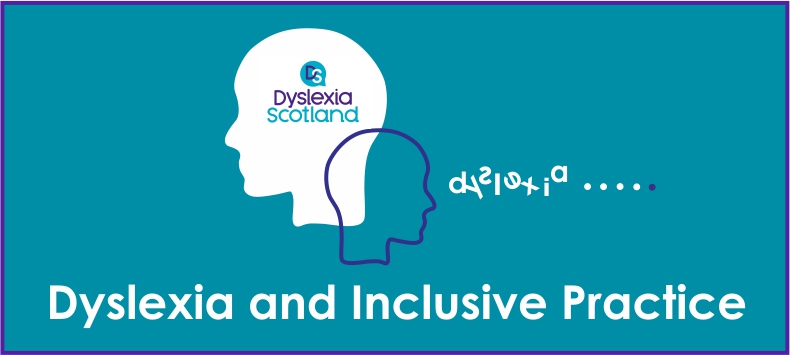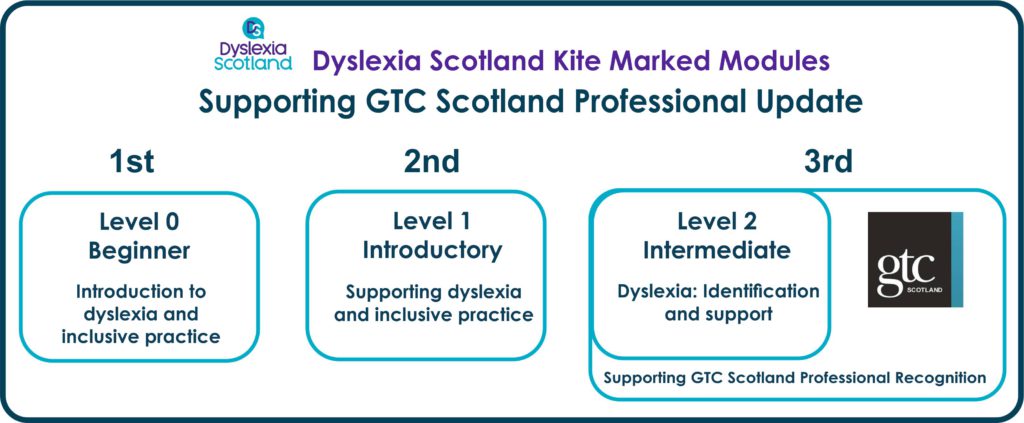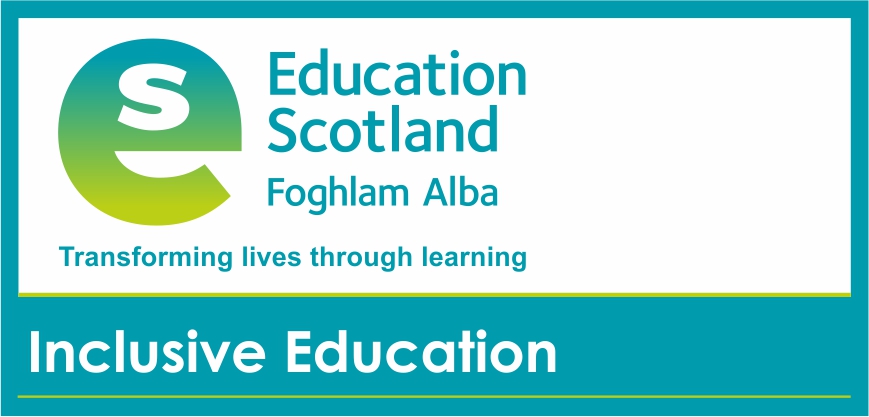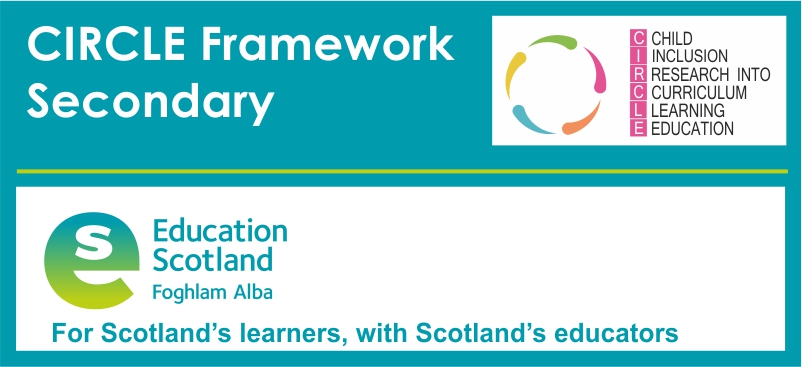Free Online Learning Modules

Free Open University Online Learning Modules
Three free online learning modules, which support GTC Scotland Professional Standards, Professional Update and Professional Recognition, have been developed in response to Recommendations 1 and 2 of the 2014 Education Scotland Review: Making Sense of Dyslexia: Education for Children and Young People with Dyslexia in Scotland. The modules are primarily for teachers, school management and GTCS registered local authority education officers. The modules are:
- Module 1: ‘Introduction to Dyslexia and Inclusive Practice’
- Module 2: ‘Supporting Dyslexia, Inclusive Practice and Literacy’
- Module 3: ‘Dyslexia: Identification and Support’
All of the modules need to be completed in order – you cannot go straight to module 2 or 3 without doing the previous one. Please note that you need to log into OpenLearn Create before you start the modules. These modules were refreshed in April 2021 to reflect feedback from teachers who have completed the modules from 2018 – 2021. They now incorporate GTCS’s 2021 Professional Standards.
Click here to access Module 1 ‘Introduction to Dyslexia and Inclusive Practice’
Click here to access Module 2 ‘Supporting Dyslexia, Inclusive Practice and Literacy’
Click here to access Module 3 ‘Dyslexia: Identification and Support’
The modules have been developed to complement the 2015 Education Scotland Route Map for Dyslexia and Inclusive Practice. They were written by the Making Sense Working Group and supported by the Opening Educational Practices Scotland Project hosted at the Open University in Scotland.
The modules are hosted on the Open University OpenLearn Create platform. Mozilla Open Badges will be available for those completing the modules.
Dyslexia and inclusive practice GTCS Professional Recognition programme
We are delighted that Dyslexia Scotland was awarded unconditional accreditation to deliver a GTCS Professional Recognition programme in ‘Dyslexia and Inclusive Practice’. Accreditation is for five years from May 2021.
The programme develops accomplished expert teachers in dyslexia and inclusive practice, to be well equipped to support learners and colleagues through the holistic identification and support process for dyslexia in Scotland. The programme is delivered in close collaboration with Education Scotland and the Addressing Dyslexia Toolkit working group.
Applications for the 2025-26 programme (Cohort Five), which starts in September 2025, have now closed.

Module 1: ‘Introduction to Dyslexia and Inclusive Practice’
This short course is designed to provide an introduction for teachers, community educators and anyone with an interest in developing positive approaches to supporting dyslexia in their inclusive practice. This resource links to the General Council for Scotland’s Professional Standards.
Module 2: ‘Supporting Dyslexia, Inclusive Practice and Literacy’
This module will support a deeper understanding of dyslexia and inclusion. Module 2 has been designed to provide practitioners with a deeper understanding of:
- Dyslexia and inclusive practice within the Scottish context of education, equality and equity
- Dyslexia and how it is identified
- Dyslexia, co-occurring additional support needs and inclusive practice
- Effective communication
- Support strategies
Module 3: ‘Dyslexia: Identification and Support’
This module is for specialist support teachers.
Module 3 has been designed to provide practitioners with a deeper understanding and experience of:
- Holistic and collaborative identification of dyslexia using the Pathway within the Addressing Dyslexia Toolkit.
- Appropriate support and assessment within the Scottish context
- Enabling school communities to improve the outcomes of learners with dyslexia and associated difficulties
- Supporting school communities to improve inclusive practice
- Developing learner profiles to support post school transition
Practitioner enquiries
Victoria Armet
Hi, my name is Victoria, I gained professional recognition and dyslexia and inclusive practice last year. The aim of my professional inquiry was to support parents before, during and after the assessment process. This project was important to me and my school community. As we recognised our parents have varying degrees of understanding of what dyslexia is, how it impacts our learners, and how we can support them. Aim to build upon our relationships with our parents so that we could work together to support their pupils. A key feature of my inquiry was to provide information to parents about the assessment process. There’s a specific focus on our schools processes, as this was identified as an area that parents had little understanding of. I achieved this through parent information sessions and creating a website for parents to access. Collaboration was a key part of my professional inquiry. I worked very closely with and learned a lot from my deputy and principal teachers, as well as other members of staff in my school. Throughout my inquiry, I built excellent relationships with parents, which resulted in a positive experience for them during the assessment process. Participating in this programme has been an excellent experience. I genuinely believe that it has had a positive impacts on the learners in front of me on a day to day basis. I have made lots of small changes to my classroom practice, not just for pupils with a dyslexic learning profile, but for all learners in my class. I enjoyed working collaboratively with other participants on the course and engagement in professional reading challenged me to identify how my classroom practice fits in at national level. Engaging in professional enquiry was only the start of my journey. My Next Steps includes leading CLPL sessions for staff in our school, and to identify a way of sharing information about dyslexia with pupils. I have also enjoyed continuing to work with colleagues that I have met through the programme to support current participants. I certainly recommend the programme for anyone wanting to extend their knowledge of dyslexia while collaborating with colleagues from across the country.
Dr Ruth McAlpine
My project area relates directly to the statutory guidancenfrom on Bord na Gaidhlig on Gaelic education and invite advice on Gaelic education from Education Scotland, both highlight the challenges of supporting young people through the medium of Gaelic and the inappropriateness of using assessments to identify needs through the medium of English at a stage when pupils’ learning is focusing on the development of the Gaelic language. There were significant challenges experienced in the planning, implementation and feedback stages mainly due to being a supply teacher working in different schools in the authority with an irregular work pattern. In addition, I’m a Gaelic learner, not a fluent Gaelic speaker, so lacked confidence in addressing this area of interest with GME staff and pupils. However, some of the challenges were successfully overcome with the help of my line manager and a supportive Gaelic speaking colleague within the support for learning team as well as my determination to be successful in completing the study. The staff were aware of areas for improvement in relation to GME and dyslexia and were keen that this should be my focus and willing to be involved therefore making it practical for the case study to go ahead. The study has developed my learning and understanding of how pupils are identified and supported in GME, recognising the good practice or ease taking place in this area, including the recent appointment of fluent garlic speaking ASN staff, the use of the dyslexia reading test devised by Fiona Lyon and translation of materials into Gaelic however, it is recognised that there are still challenges that remain. The feedback from staff is evidence that my study has increased their understanding and practice in this area, particularly in relation to awareness of the Gaelic resources that are available. And there is also a plan to incorporate my suggestions when updating the CNAs dyslexia pathway policy document during the coming academic year.
Introduction to Dyslexia and Inclusive Practice Module – CLD, Post School
This introductory module aims to provide practitioners who work in a CLD setting (post school) with an improved awareness of what dyslexia is, its impact, how it is assessed in different contexts and how it can be supported within an inclusive learning environment.
It is anticipated that the module will take between 2 – 3 hours to complete, depending on prior knowledge and the depth of learning undertaken.
The module has been developed and written by a collaborative partnership between Education Scotland, Dyslexia Scotland and the CLD Standards Council Scotland with support from the Specific Learning Difficulties Forum.
www.open.edu/openlearncreate/dyslexia-inclusive-practice-CLD
Aims of all four modules:
- To inform practitioners about ways in which they might engage in meaningful career-long professional learning in order to improve outcomes for children, young people and adults
- Provide free and accessible opportunities to engage with professional learning
- To support deeper learning and understanding of dyslexia and inclusive practice
- Provide opportunities for participants to reflect on their practice regarding dyslexia and inclusion
- To encourage all teachers to be familiar with, and make appropriate use of, the Addressing Dyslexia Toolkit and to encourage those working with adults to be aware of the range of resources available
- To support teachers in achieving professional recognition for areas of enhanced accomplishment in their professional practice and to support those working with adults in their continuing professional development
Education Scotland has a suite of free online learning modules which support GTC Scotland Professional Standards, Professional Update and Professional Recognition. These have been developed to support inclusive education. The modules are primarily for teachers, school management and GTCS registered local authority education officers.

Introduction to Inclusive Education
This module provides educational practitioners and local authorities with an introduction to inclusion and equality set within the context of Scottish education. The module and activities will support practitioners to develop an:
- Understanding of the education context in Scotland of inclusion and equality
- Awareness of additional support needs and inclusion
- Awareness of how to deliver child centred approaches within the Scottish legislative framework
- Awareness of universal and targeted support
- Awareness of information and approaches which support inclusive education.
This module been also designed to support teachers meet the GTCS standards for Professional Learning, annual reviews and Professional Update.
Further information and a link to the module can be found on the National Improvement Hub page.
Inclusion in Practice – CIRCLE Framework | Secondary – The Inclusive Classroom
This module provides educational practitioners in secondary schools and local authorities. It is based on The CIRCLE Framework, a collaboration between practitioners in Edinburgh City Council, Queen Margaret University and NHS Lothian, that has been adapted for modular learning by Education Scotland.
It offers practical advice on how to meet the needs of individual learners and supports practitioners to develop collaborative approaches and share good practice.
After studying this module practitioners will have:
- An understanding of how to promote effective inclusive practice using the CIRCLE Framework of inclusion
- An awareness of how to promote a learner centred approach where learners are listened to and involved in the management of their own learning
- An awareness of documentation to evidence assessment and input.
Here you can find further information and a link to the CIRCLE Framework for Secondary module.

Other Education Scotland modules
Please see Learning Opportunities and Resources for further suggestions of professional development materials and resources.
